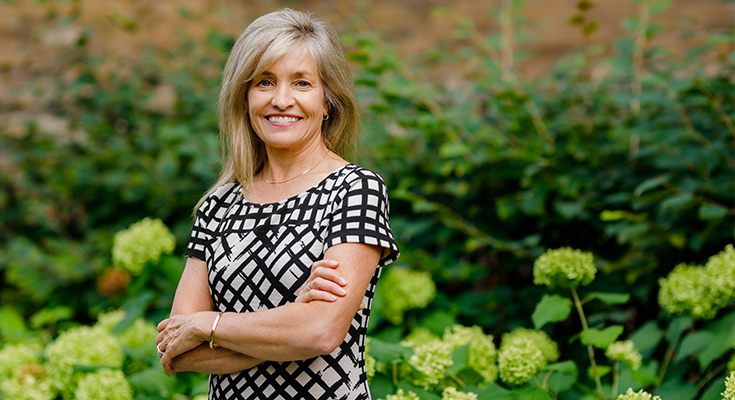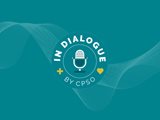
I want to begin my note to you by acknowledging the extraordinary challenges of practising medicine in our current health system. For many years, those of us working within the health system have found workarounds and creative ways of caring for patients under suboptimal conditions. The past two-and-a-half years have stretched the system past its limits and exposed health care providers and those seeking care to a new set of challenges.
One of the major contributors to this strain is a shortage of health care providers and an unequal distribution across the province. These issues are not new and are familiar to those who have practised in underserved communities. But the gaps in our system are becoming harder to work around. As a result, the care backlog is increasing, and several emergency departments have been forced to close while most others are dealing with unprecedented wait times.
The gaps in our system are becoming harder to work around
In my last message to the profession, I shared that the College had submitted our response to government regarding physician supply. Our letter outlined a number of proposed measures to help address physician shortages. These included a call-out to recently retired physicians to return to practice; Practice Ready Assessments and increased residency positions for internationally educated physicians; and the creation of a new temporary license class. We are also examining our licensing pathways for improvement opportunities.
I also wanted to discuss our latest issue of Dialogue, in which we look beyond the shortage of health practitioners and explore issues affecting patients and providers alike. Our cover story addresses the tremendous barriers that people experiencing homelessness and precarious housing conditions must overcome to access care. As we all work to address the needs of marginalized communities, this is an important story and I encourage all physicians to read and consider it. In the latest episode of our podcast, “In Dialogue,” Dr. Ritika Goel, a family physician, activist and the inaugural Temerty Faculty of Medicine Social Justice, Anti-Oppression and Advocacy Theme Lead at the University of Toronto, spoke to us about treating marginalized populations, diversifying voices at the decision-making level, engaging in allyship, and universally applying the equity lens.
We also talked about how more attention must be paid to building a quality framework around virtual care
We also continue to examine virtual care. I recently participated on a panel with other health leaders at the Canadian Medical Protective Association Annual General Meeting. The panel discussed how the pandemic necessitated a very fast adoption of virtual care and the many advantages of this mode of care delivery. However, we also talked about how more attention must be paid to building a quality framework around virtual care.
Over the next several issues of Dialogue, we explore cultural discrimination and racism in health care. In this issue, we examine antisemitism and its effect on patients, practitioners and learners. The article is particularly well-timed as it coincides with the release of our draft policy on Human Rights in the Provision of Health Services, which addresses the importance of creating a safe, inclusive practice environment. I urge you to read this important article and participate in our consultation.
Finally, I want to acknowledge that September 30th marks the National Day for Truth and Reconciliation. We know that there is so much work still left to do in the battle against anti-Indigenous racism in Ontario’s health space. We observe this day at the College to reflect on what we as a medical regulator could be doing to better serve the Indigenous community across the province. As part of that journey, we interviewed Dr. Chase Everett McMurren, a family physician, psychotherapist, nâtawihôwêw (medicine man) and Indigenous Health Theme Lead for UofT’s MD program, for our podcast series, “In Dialogue.” In this wide-ranging discussion, Dr. McMurren shard his insights about non-traditional approaches to medical education and patient care, specifically Indigenous health and methods of healing; cultural humility in medicine; and the role creativity can play in physicians’ own well-being as well as patients’ health. I strongly recommend you give this a listen.
As always, I want to hear your insights and perspective on the many challenges facing our work as physicians. Please don’t hesitate to reach out to me.
Warm Regards,
Nancy












